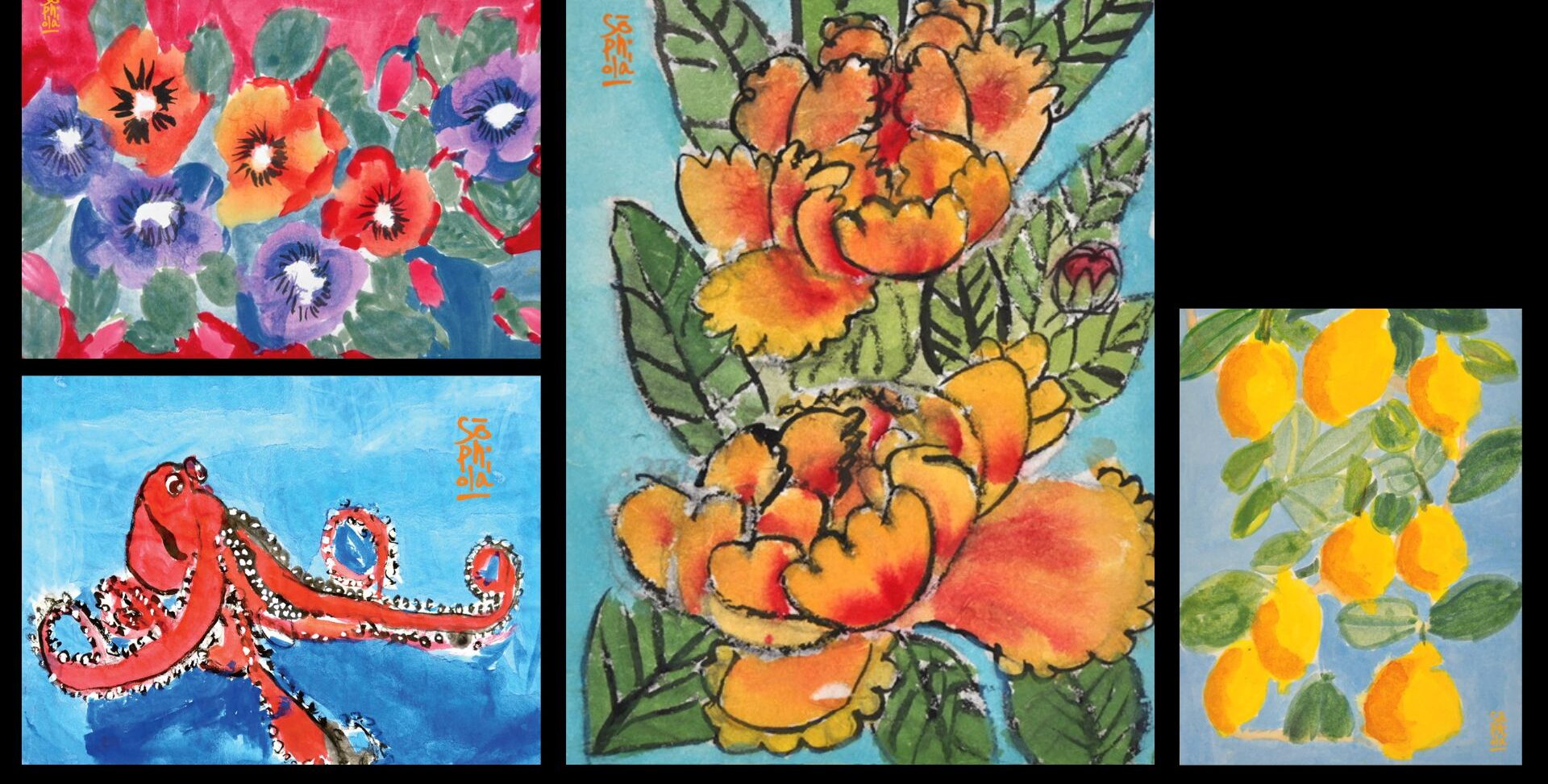Sunrise Day Camp—Greater Washington is more than just a camp; it’s a community, a family, and a lifeline for children and families who need it most. As part of the Sunrise Association, a global organization focused on bringing the joy of childhood back to children with cancer and their siblings, we are privileged to offer a place where kids can just be kids—without the weight of their circumstances. Through our summer camps, year-round programs, and in-hospital activities, we provide a safe, supportive space for children ages 3½ to 16, all at no cost to their families.
At Sunrise Day Camp, the fun doesn’t end when the summer is over. We host Sunrise Sundays throughout the year, offering familiar faces and activities that keep the spirit of camp alive and the friendships and connections intact. It’s a time for kids and families to come together, enjoy activities like sports, crafts, and science, and remind them that the magic of Sunrise is with them all year long.
In addition to the camp and monthly outings, I find one of the most heartwarming initiatives to be Sunrise on Wheels. This mobile program brings the magic of camp directly to children undergoing treatment in hospitals across the U.S., from New York to Washington D.C. and beyond. Here in the DMV, you’ll find our staff, volunteers, and tie-dye activity trunk in Inova’s L. J. Murphy Children’s Hospital and Children’s National. Each week, we’re providing a range of fun, interactive activities, from Legos® and virtual reality to arts and crafts, that help children temporarily forget about their treatments and feel the joy of being a kid again.
And it doesn’t stop there! The Wheels Up program takes the camp experience a step further, offering a series of virtual adventures that transport children to exciting places—whether it’s a playground, museum, or animal habitat. These videos are available anytime on YouTube and have touched the lives of children in more than 200 hospitals across the U.S., Canada, Israel, Australia, the U.K., and Ireland. It’s an innovative way to bring smiles to kids from all walks of life, no matter where they are.
Above all, at Sunrise, we believe that every child deserves to experience the wonder of childhood, no matter what they are facing. Through our camps, in-hospital activities, and year-round programs, we strive to create a world where children with cancer can just be kids—where they can laugh, play, and experience joy in a way that feels natural and free.
It has been such a privilege for me to get to know each of the families and to help build our amazing camp! (#itsthebestcamp). It is with mixed emotions that I will soon be leaving the Sunrise Day Camp family to begin a new professional journey. Sunrise Day Camp and the Pozez JCC have meant so much to me, and it has been an incredible experience to work alongside such a dedicated and compassionate team. I am grateful for the opportunity to have been part of this amazing organization. What I will miss most — seeing the joy on the children’s faces, knowing that I played a small role in helping to make a challenging time in the lives of the campers and their families a little brighter.
Although I am moving on to a new role, I plan to continue supporting Sunrise in whatever way I can. One way that I will stay connected is by participating and volunteering for SunriseWALKS, the flagship fundraising event for Sunrise Day Camp – Greater Washington which will take place the morning of Sunday, April 27, 2025 at National Harbor. I encourage each of you to build a team, join a team, and/or donate. As I said in the beginning of this blog, the camp and its year-round programs can be a lifeline for our families. I hope that you will help us raise the critical funds needed to continue providing this program for the children and their families. See you at the WALK!










